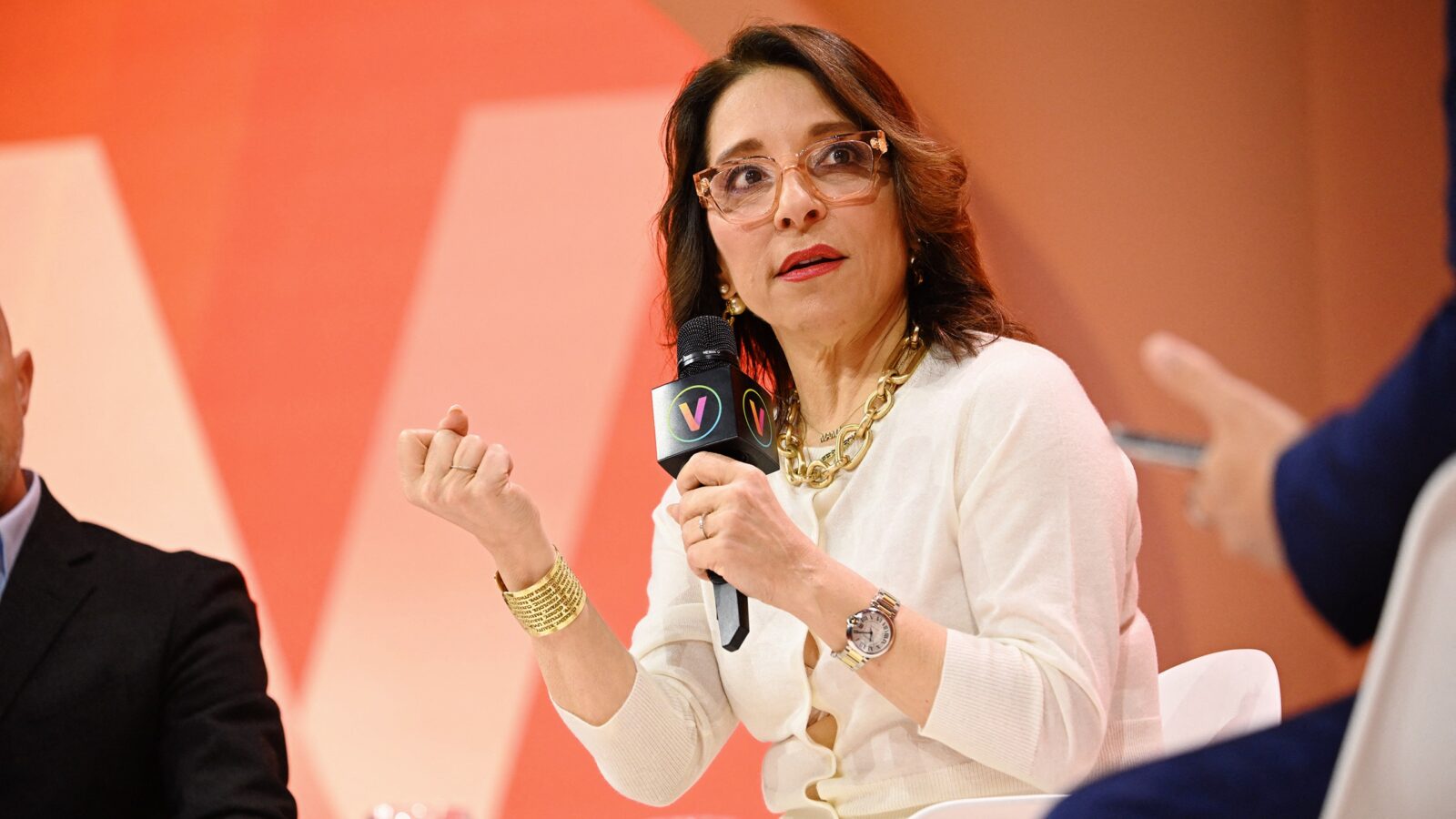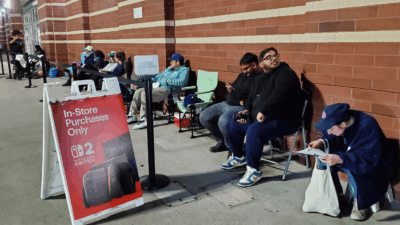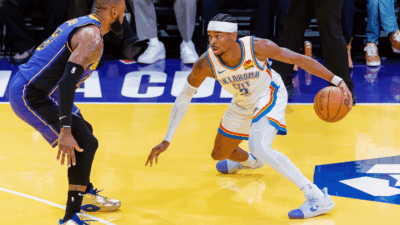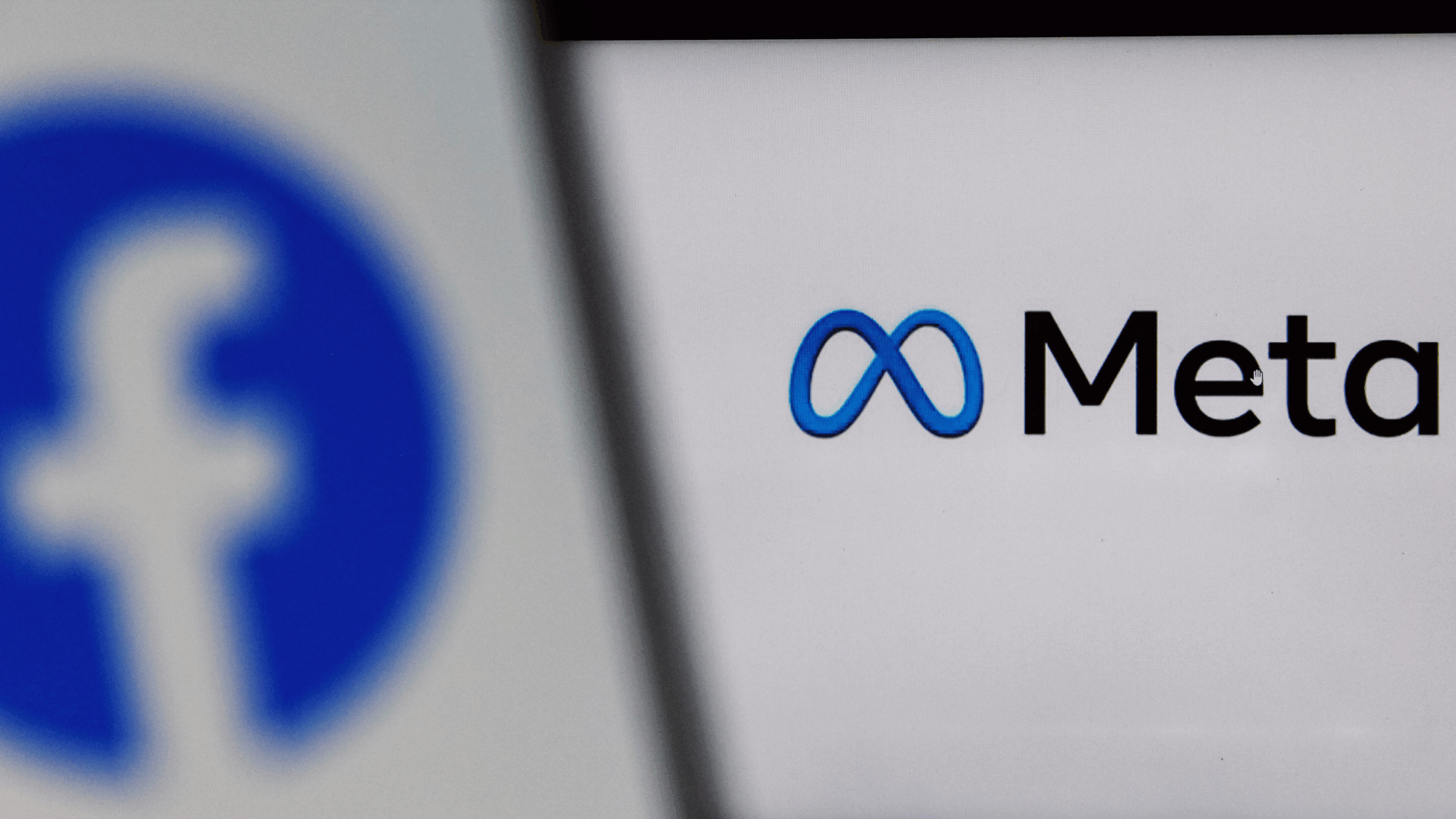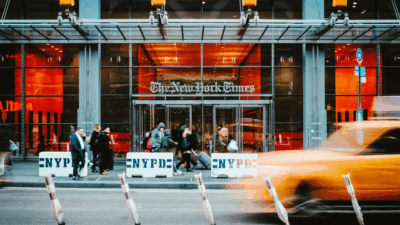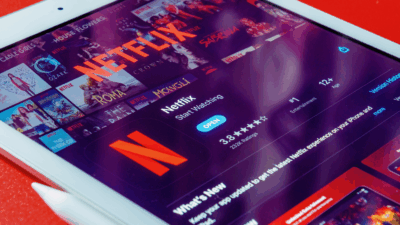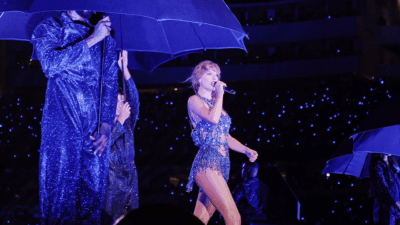
Sign up for smart news, insights, and analysis on the biggest financial stories of the day.
Unlike retail, the business of news has always been a risky bet for investors looking to score big on the internet. No outlet has had an Amazon moment.
That hasn’t stopped venture capitalists from setting out like knights in the sea of information in search of a Holy Grail worth of profits. The latest multi-million-dollar bet is Grid, a new DC-based outlet focused on news analysis and investigative reporting that launched Wednesday.
An Old-School Plan
Grid, which launched with $10 million in VC funding, is entering a crowded fray of news startups vying for the attention of wealthy elites. Among the competition is quick-hit news outlet Axios, DC-insider publication Punchbowl, and general interest newsletter Air Mail, which raised $17 million in 2021.
While some new media have turned to subscription plans and hard paywalls as their primary revenue generator, Grid — which is led by Vox veteran Laura McGann and ABC veteran Mark Bauman — will turn to a revenue strategy as old as the internet: ad sales. Selling to vendors around free content may buck the favored wisdom of some, who argue a paywall is needed to ensure loyal readers and enough cashflow to pay for costly reporting. But there’s conflicting intel on the best approach to monetizing news on the information superhighway:
- Just 20% of Americans subscribe to online newspapers, according to the Nieman Lab, and half of those read the New York Times, which now has more than six million paid subscribers worldwide, suggesting there is a ceiling on subscribers.
- On the other hand several popular news sites that make their content available for free can often be found begging for reader help: the British newspaper The Guardian and digital upstart BuzzFeed News are among those that ask readers to make regular paid contributions.
The More the Merrier: Grid’s plan to publish fee-free will be a breath of fresh air to critics who say paywalls — which can range from $100 to $500 — shut out people who can’t afford them from news, creating a barrier to being well informed.
